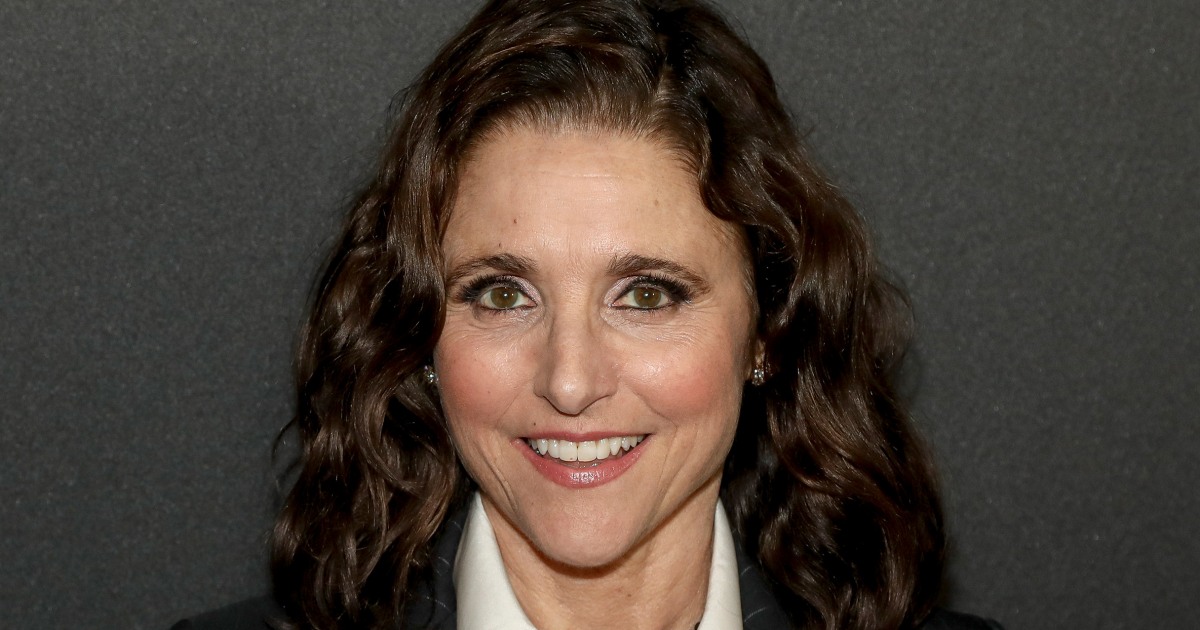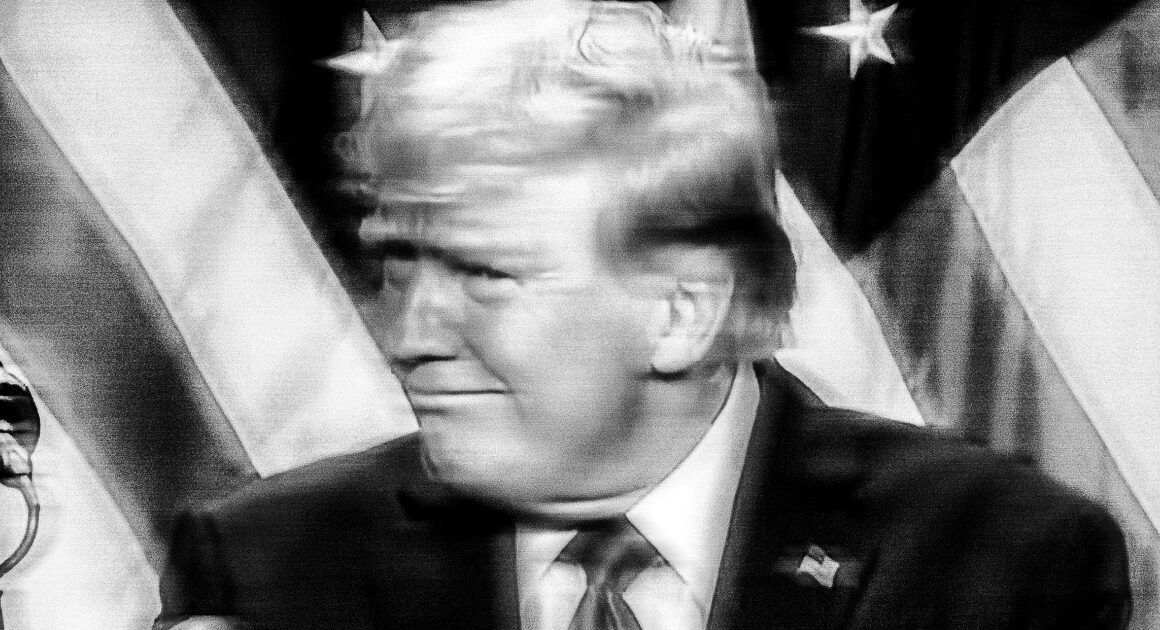Comedian Jerry Seinfeld recently made headlines for his comments on political correctness, which he blamed for the dearth of sitcoms these days. When asked about those comments in a recent interview, his former co-star Julia Louis-Dreyfus took a different — and arguably more thoughtful — stance.
Louis-Dreyfus, who played Elaine Benes on “Seinfeld,” told The New York Times that aspects of comedy and drama from decades ago haven’t aged well.
“And I think to have an antenna about sensitivities is not a bad thing. It doesn’t mean that all comedy goes out the window as a result,” she said. “When I hear people starting to complain about political correctness — and I understand why people might push back on it — but to me that’s a red flag, because it sometimes means something else. I believe being aware of certain sensitivities is not a bad thing.”
Seinfeld, who is known for his banal observational humor, caused a stir in April when he told The New Yorker that the “extreme left and PC crap and people worrying so much about offending other people” were to blame for the lack of funny TV shows. The comedian has long complained about political correctness, going as far back as 2015, when he lamented that college students who called out prejudice “don’t know what the hell they’re talking about.” Those comments were widely criticized at the time.
Seinfeld’s attitude on political correctness is not especially interesting, nor is it unusual among a subset of aging comedians who seem to struggle with a popular culture that’s moving toward inclusivity and the norms that follow. (And some of his observations are pretty easily disproven, anyway.) It’s also a point of view shared by many right-wing figures who blame an amorphous idea of “wokeness” on the left for an ostensibly declining state of comedy.
Louis-Dreyfus’ comments represent a more astute, less obstinate view on the topic than her former co-star. She told the Times that “political correctness, insofar as it equates to tolerance, is obviously fantastic,” although she stipulated that she didn’t know if art created through that lens is “better or not.”
“Even classically wonderful, indisputably great films from the past are riddled with attitudes that today would not be acceptable. So I think it’s just good to be vigilant,” she said. “I mean, things have shifted. And in that case, I would say, things have shifted very much for the good.”
![]()






